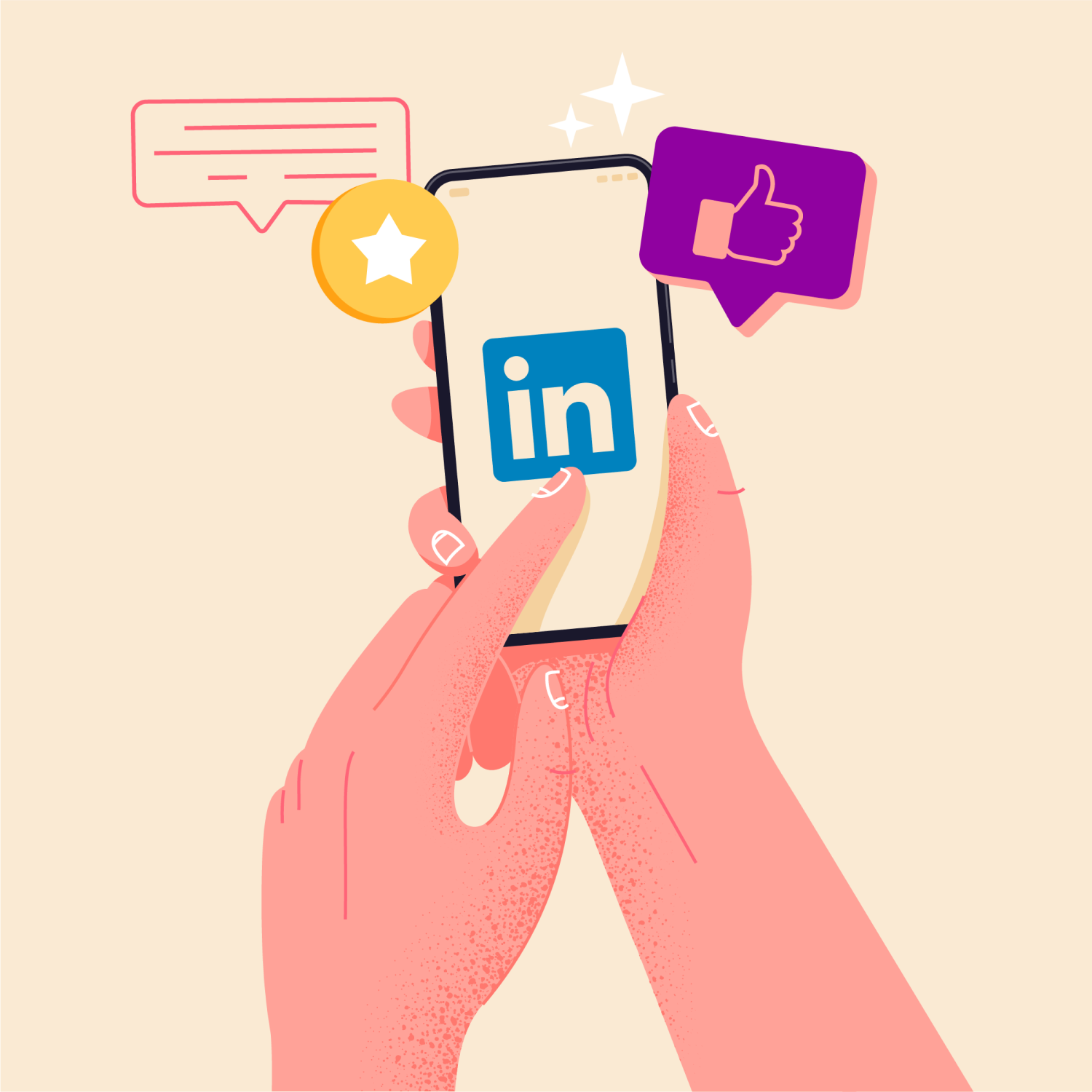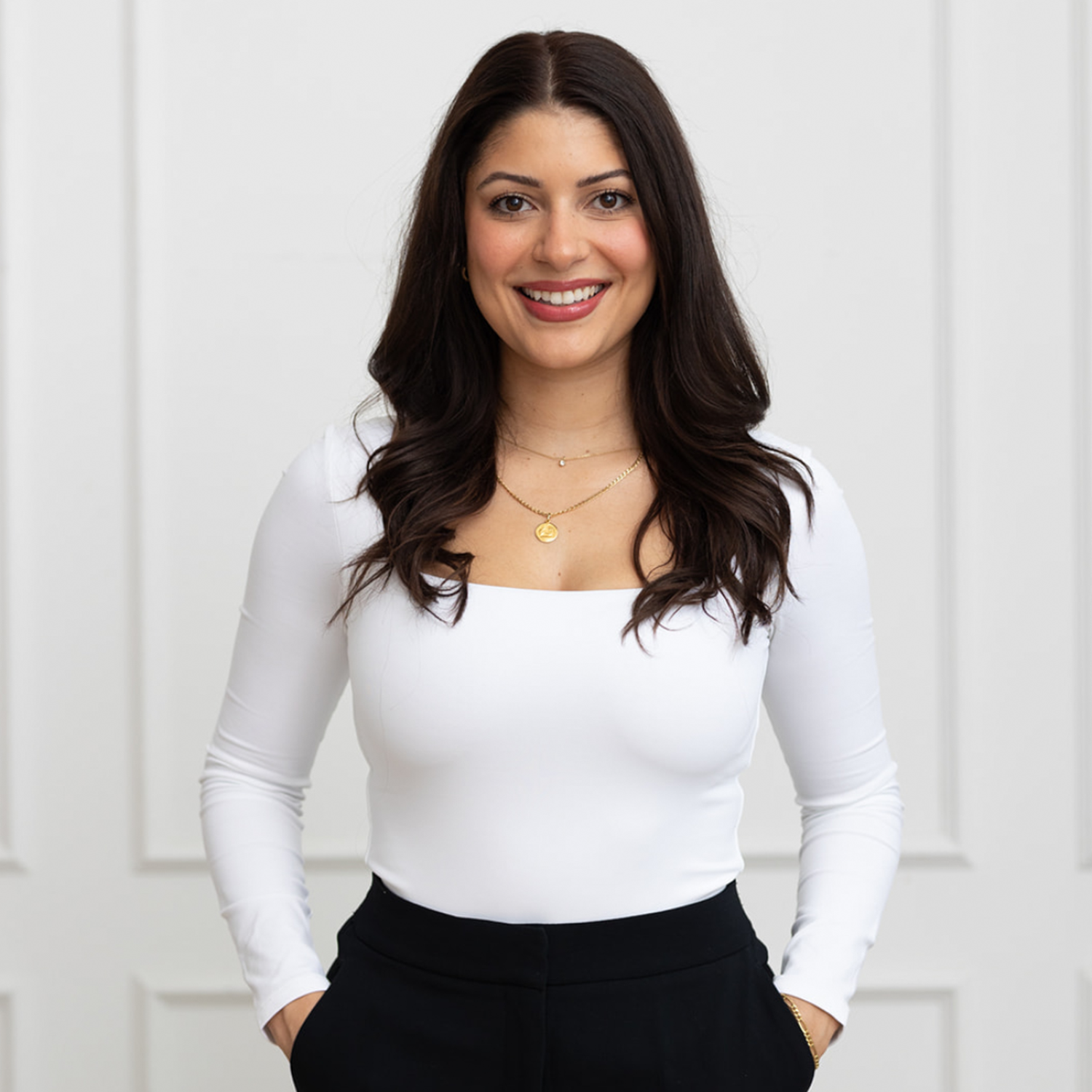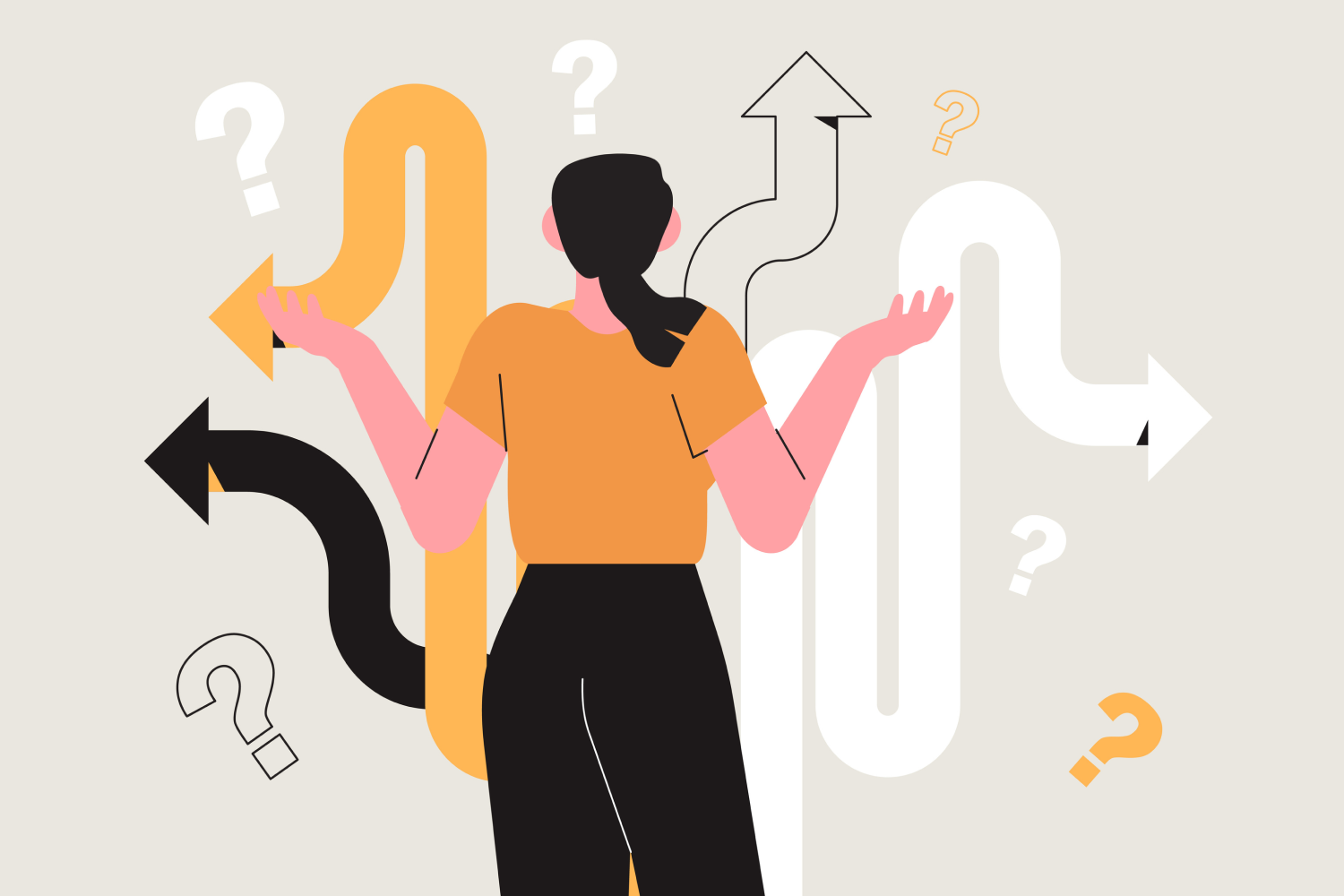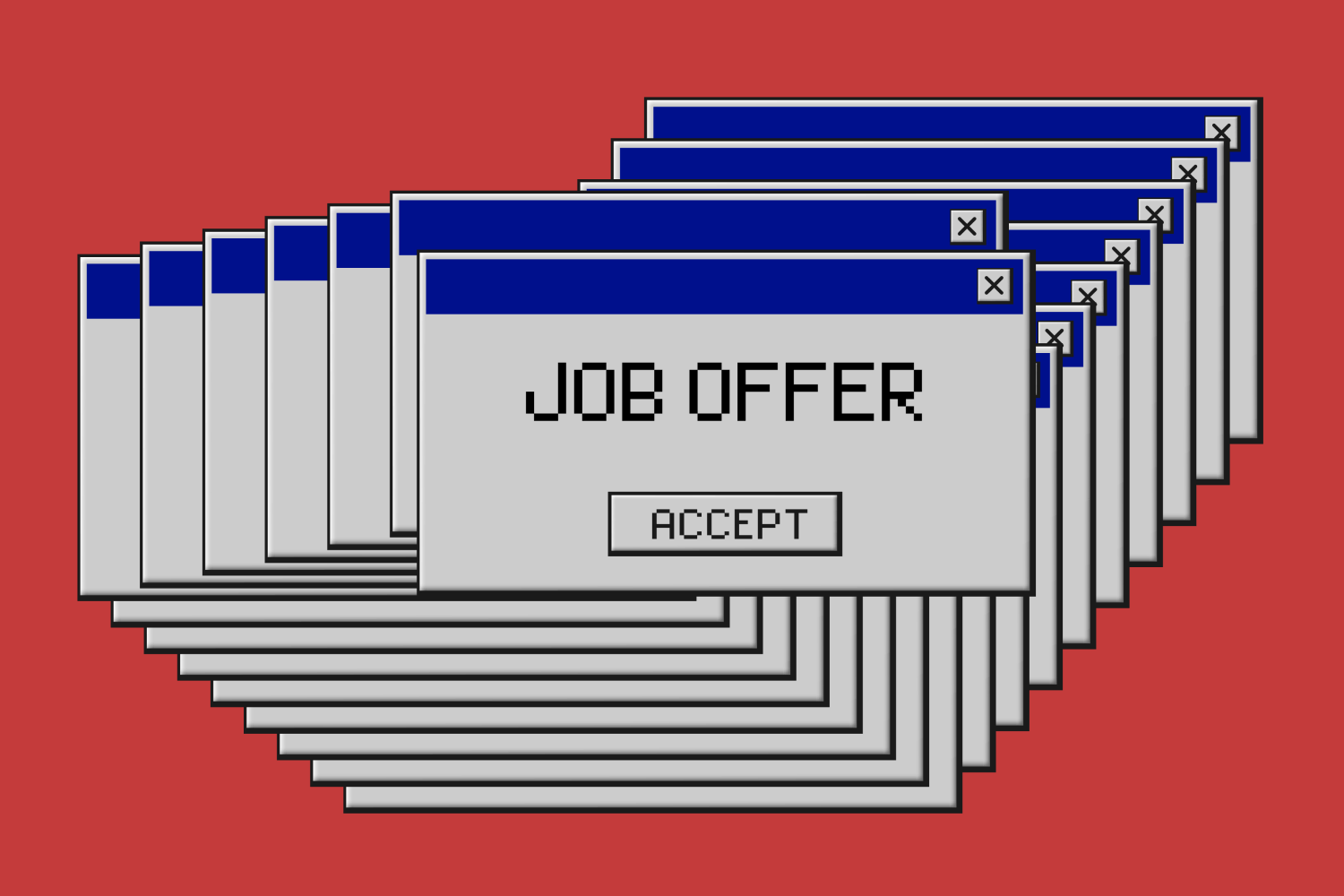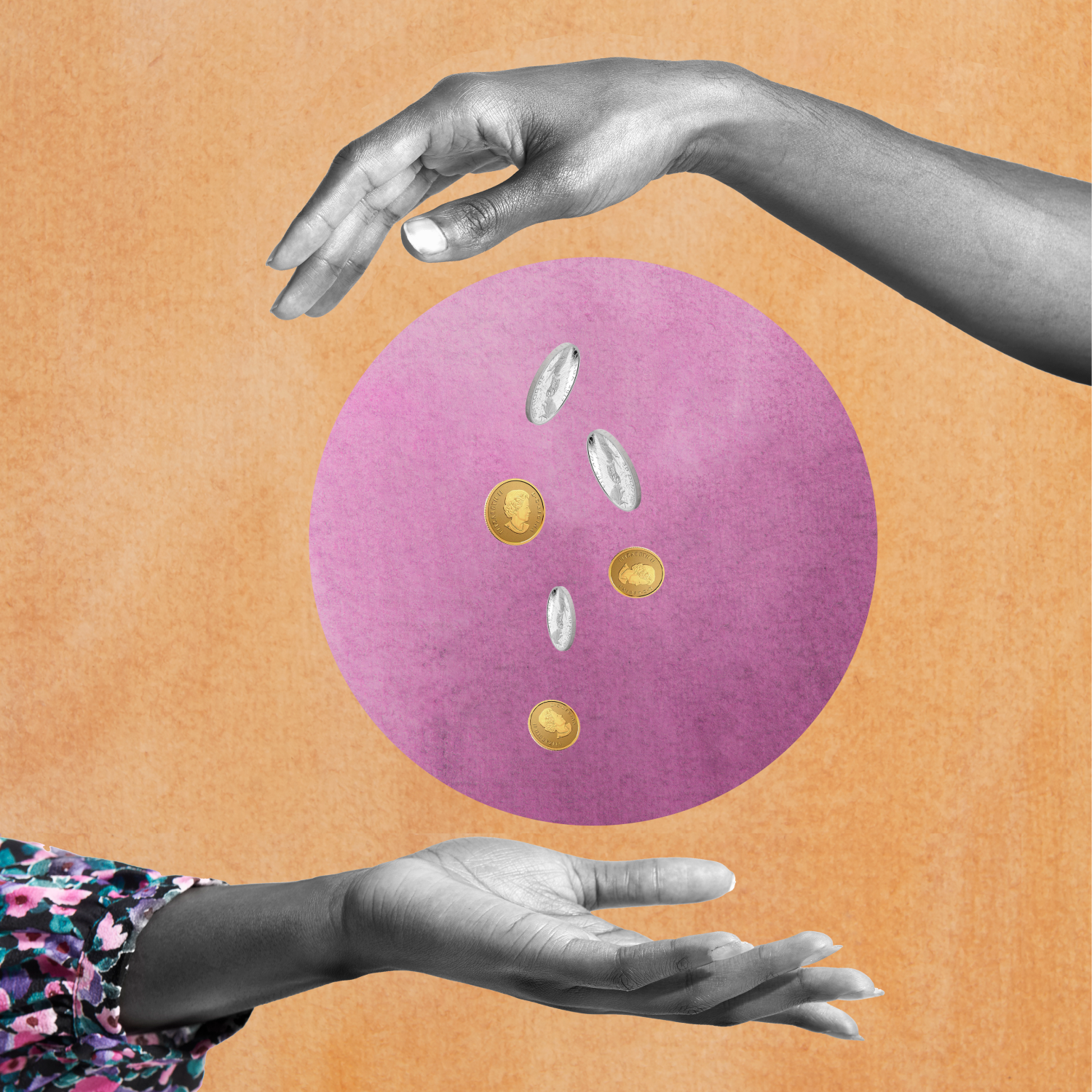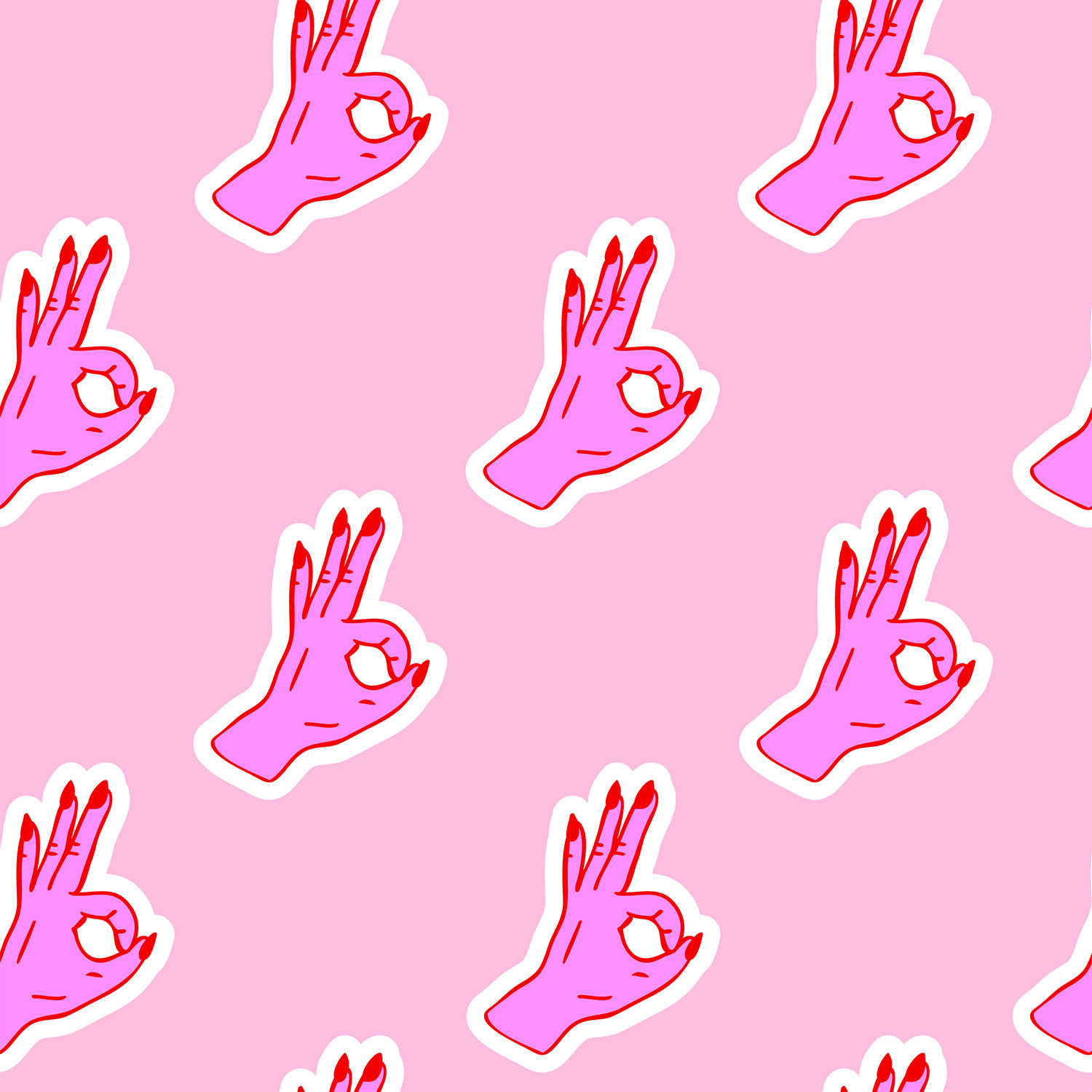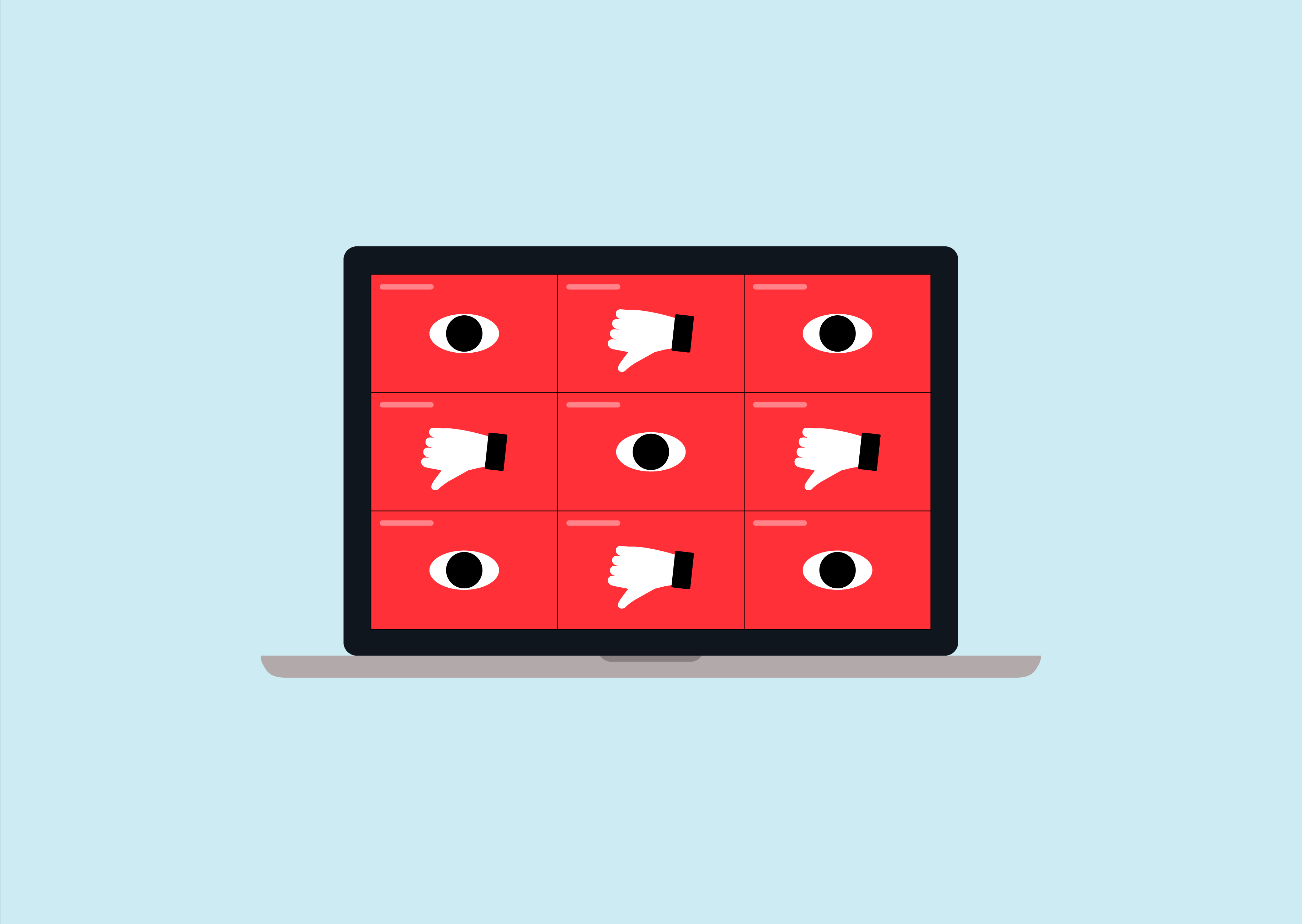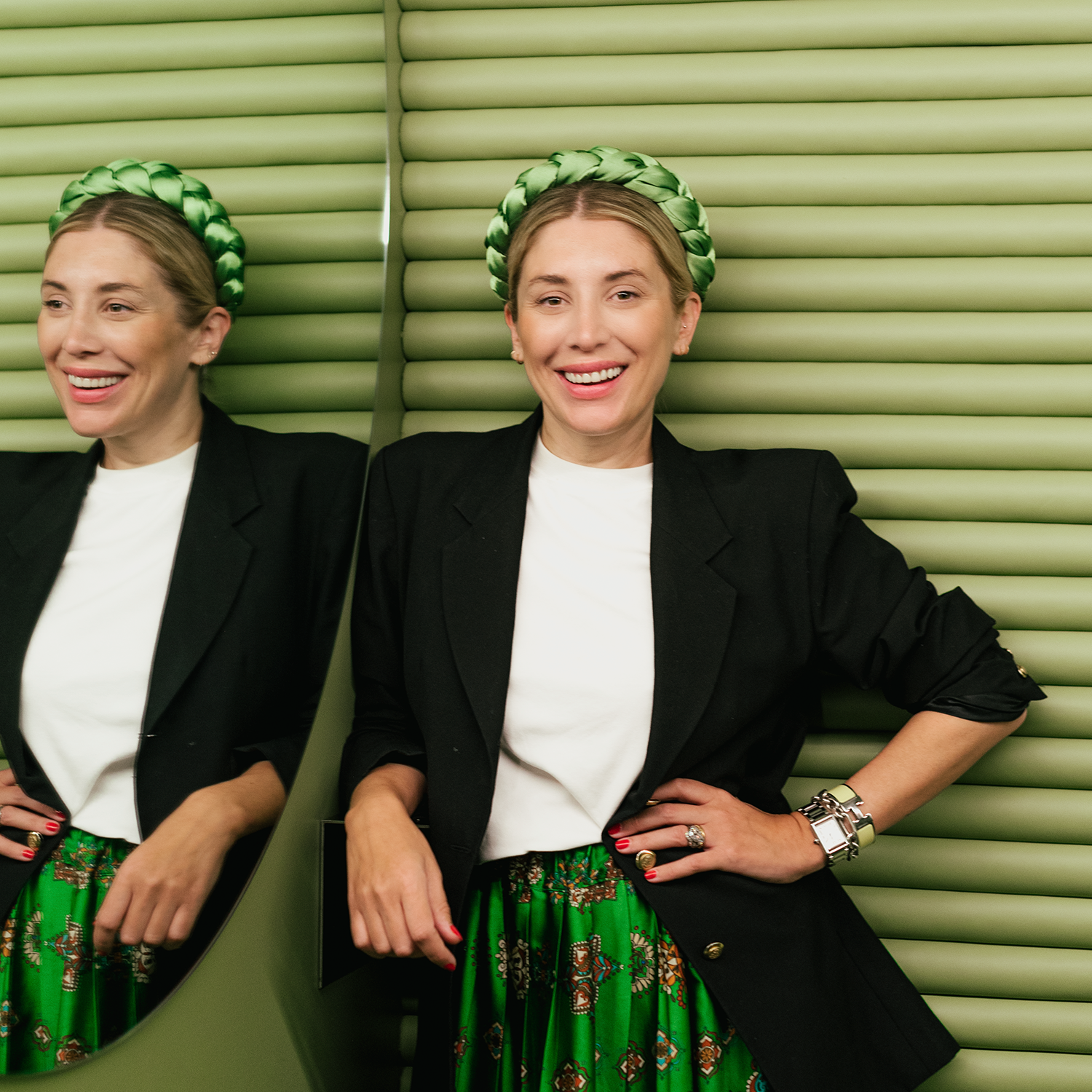LinkedIn Isn’t a Dating App, But Horny Dudes Are Still Sliding Into DMs
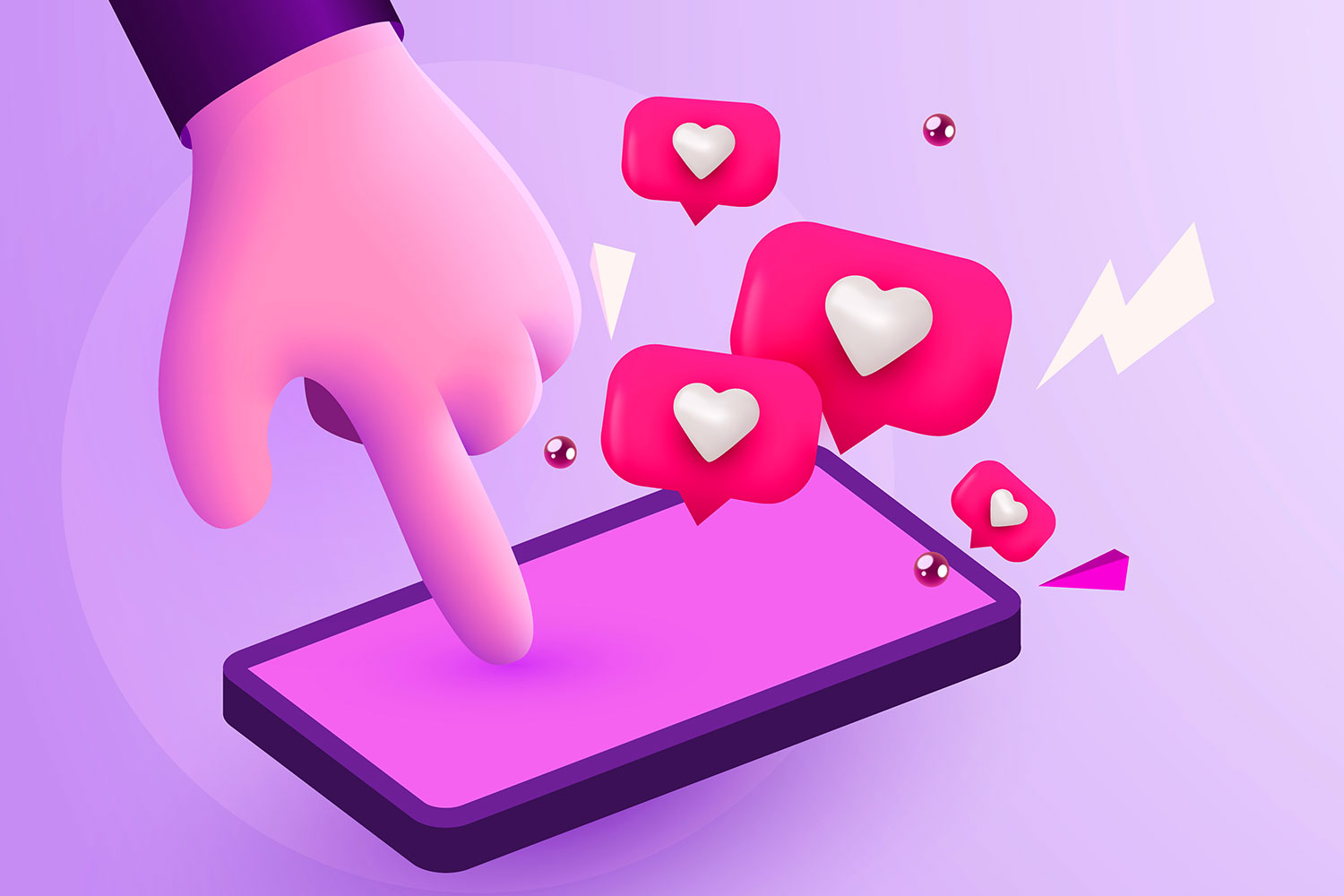
Elan Paris wishes men would stop trying to private-message her on LinkedIn.
The Vancouver-based public relations consultant has the kind of job where it makes sense to accept plenty of LinkedIn connection requests, even from people she doesn’t know—they may be a useful contact down the line, or a future client. But that has also opened the door to some uncomfortable private messages.
“Typically it’s from people I’ve never met, sometimes they don’t even live in Vancouver, and they’re usually older men—I’m in my 20s and usually it’s guys in their 50s [messaging something like] ‘Hey you’re really beautiful, wanna connect?’” says Paris. “I’m like, no, not on another platform and definitely not here.”
This unwanted attention is something she says has been a part of her career and the careers of her peers for years. Paris recalls a friend making a public post on the networking website when they were fresh out of school and doing their first internships, imploring people to please stop hitting on her over LinkedIn. “I just hate that,” says Paris. “In general, as a woman in the corporate world you’re always having to make sure interactions are genuine and everyone’s talking to you for work reasons.”
LinkedIn has become a place where people increasingly share personal information, such as baby announcements, thoughts on sports teams and political events and even marriage or divorce updates. So it’s no surprise that it’s used for more than just professional networking—especially since it mirrors aspects of dating apps and sites, like profile pages with biographical information and a private messaging function. According to a July survey, 91 per cent of women had received romantic advances or inappropriate messages over the platform at least once. The study, conducted by Passport Photos Online, surveyed more than 1,000 U.S. women who were active users of LinkedIn.
Vanessa Bohns, a professor of organizational behaviour at Cornell University, says unsolicited messages have the potential to turn a professional space into “a much different place for women than for men.” Bohns, who studies social influence and is the author of You Have More Influence Than You Think, says there is plenty of research that shows women are subjected to more sexual and romantic advances in professional settings than men. But the IRL workplace may at least have some form of oversight, such as organizational policies and human resources departments.
“The disproportionate impact of this trend on women versus men is likely to be even worse in an online space where there is very little oversight,” she says, adding that she worries it could push some women off of professional sites like LinkedIn, limiting their access to networking opportunities. Women on the receiving end of such messages may dial back their use of the platform, closing themselves off to the opportunity to make connections that could help them find their next job or client—or, for young women, become potential mentors or sponsors. The July survey found three-quarters of women on the receiving end of unsolicited messages disengaged or limited their use of the platform.
Related: Workplace Harassment Is Still Happening As We Work from Home—It’s Just Harder to Detect
Bohns’s own 2019 research, with Cornell Ph.D. student Lauren DeVincent, found that individuals making romantic advances on a colleague underestimated the discomfort that the subject of their interest felt about rejecting them. That discomfort came not just from the stress of hurting someone’s feelings, but also often out of concern for possible professional repercussions. Bohns said she thinks similar dynamics exist in online networking spaces like LinkedIn, where people may be worried about upsetting a potential professional contact.
“People often think there’s no harm in asking because we assume the other person can just say no. But it’s actually not that easy to say no,” she says, noting that coming up with a clear but diplomatic rejection can be a drain on mental resources. “When we are the ones asking, we tend to be so inwardly focused on our own discomfort with asking and a fear of rejection that we forget that it’s also hard to be the one on the other side doing the rejecting.” Bohns and DeVincent’s paper also noted that people can struggle to say no because they doubt their own experience or interpretation of the interaction.
Lisa, a Montreal-based marketing executive whose name was changed to protect her privacy, says LinkedIn messages that have an air of ambiguity can be the most challenging to deal with. “I would get people reaching out with weird stuff like, ‘Let’s go for a business lunch’ with a winky-face [emoji],” she says. “It’s the winky-face for me—it belies the business aspect. But it’s weird to answer and [say] ‘No thank you,’ and it’s weird to leave it unanswered. The fact that you have to spend so much time thinking about it, it’s terrible.”
In August 2020, LinkedIn announced it was cracking down on unsolicited romantic advances and other forms of harassment on the website. “LinkedIn is not a dating website, but some members choose to inappropriately solicit other members for romantic purposes,” the company said in an article they published online. “We address this with machine learning designed to detect this behaviour.” The models work to detect and hide potentially harassing messages from the recipient, who is then able to un-hide, view or report the messages at their discretion.
While Lisa said she’s generally against people using LinkedIn as a dating app, a few years ago she did briefly date someone who asked her out through the platform. But she says the context matters: The man who reached out to her was someone she’d known in a professional capacity for years, and had even helped her secure grant funding for a previous business. It had been years since they were last in touch, and he didn’t have another way of contacting her.
She also says she appreciated his message, which said he’d previously seen her profile on a dating app and remembered feeling a connection when they’d met, and gave his number with the offer to reach out if she was interested. “He made it very clear that he was asking me out, and that it was fine for me to say no and he was going to be normal about it if that was the case,” Lisa recalled. “There were no expectations and no pressure.”
Bohns says that people considering shooting their shot should be “99.9 per cent sure” that the other person is single and receptive to being asked out before they do it. She also pointed to some corporate policies around dating in the office that dictate people can only ask once as a good rule of thumb. “Don’t make someone say no twice,” she says. “If you decide to ask someone out or communicate your interest and the person seems at all hesitant, you have your answer, and it’s time to let it go.”

